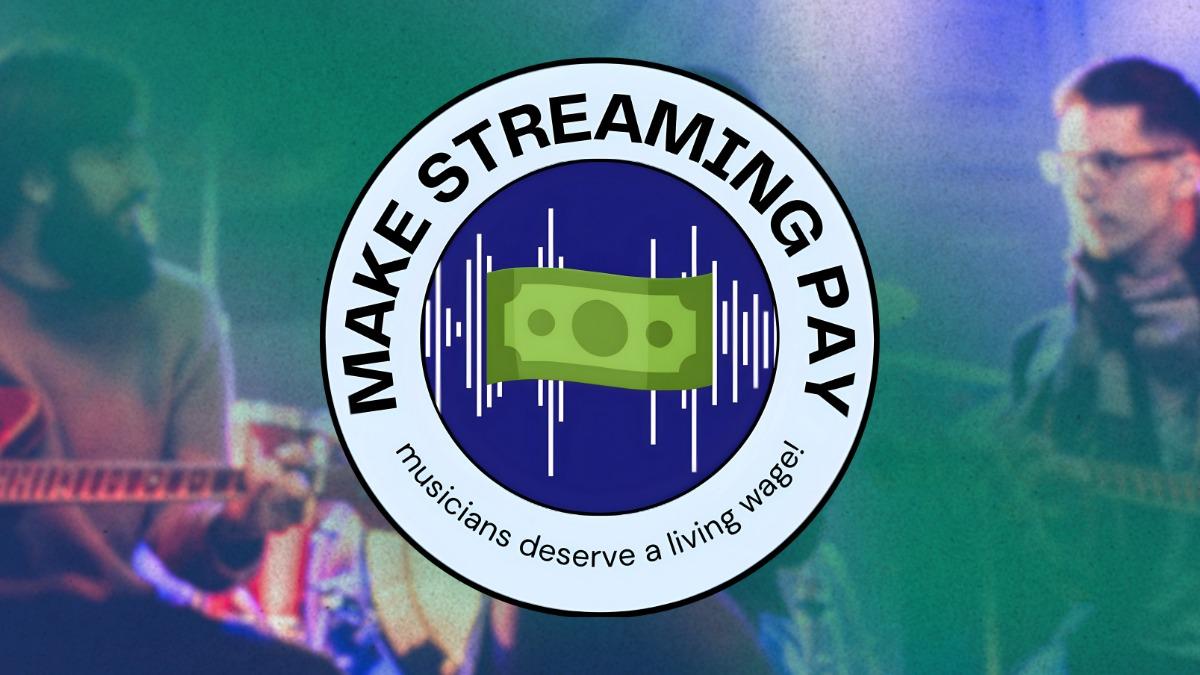Spotify and friends aren’t cheering.
A new bill called the ‘Living Wage for Musicians Act’, designed to increase streaming payouts for artists, was introduced in March 2024.
The bill suggests a new royalty fund to fix the problem of low artist payouts, which are often less than a penny per stream.
It is sponsored by Representatives Rashida Tlaib (D-Mich.) and Jamaal Bowman (D-N.Y.). And, it’s supported by the Union of Musicians and Allied Workers (UMAW), who helped in drafting the act.
What Is the Living Wage for Musicians Act
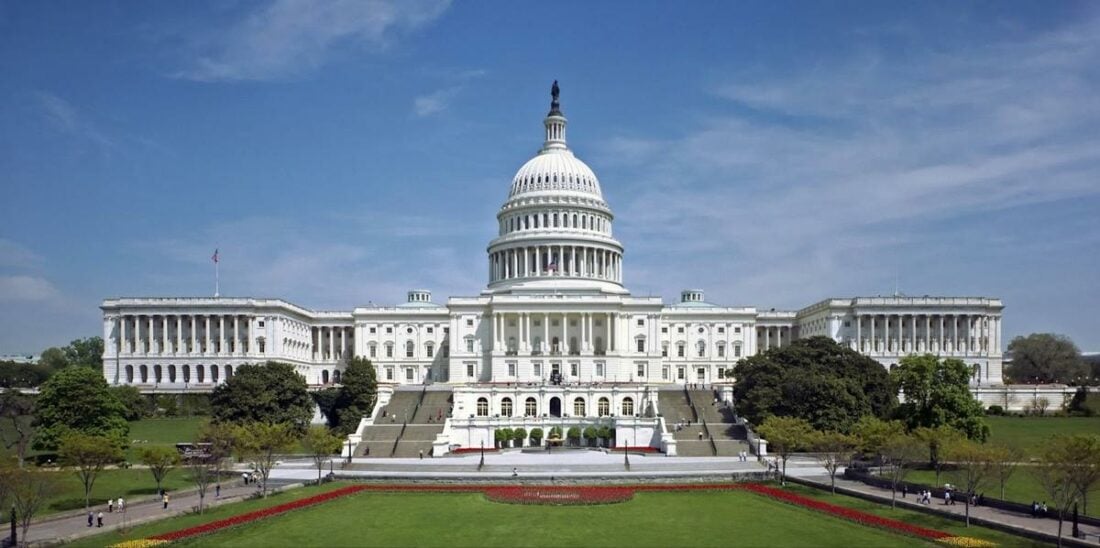
The Living Wage for Musicians Act is a bill introduced in the U.S. House of Representatives. It aims to address the low royalty rates paid to artists by music streaming services.
The bill sees the need for a new royalty program. This program would pay musicians a fairer royalty directly every time someone listens to their music on a streaming platform.
It’s widely different from the current system, where the royalties go through the labels and other shareholders before reaching the artists.
“To buy an artist a cup of coffee, you would have to stream their song about 1000 times.” says Congressman Jamaal Bowman Ed.D.
“Streaming services wouldn’t exist without artists choosing to share their music through these platforms. Yet, while streaming services are making billions every year, the artists that allow them to exist are making $0.003-$0.005 per stream.”

According to the UMAW, streaming music services lack transparency. This has created a toxic environment with private deals involving powerful corporations, payola, predatory pricing, and other practices. These practices would be illegal in traditional media.
This has led to artists making well below a penny per stream. Many of them struggle to make ends meet even though their music is widely streamed.
The goal of this bill is to increase streaming payouts for artists. It wants to raise payouts from fractions of a penny up to one penny per stream. This would give musicians a more sustainable income and make sure they are fairly paid for their work.
The Artist Compensation Royalty Fund

The legislation aims to boost artists’ streaming royalties by creating the Artist Compensation Royalty Fund. This fund would work separately from the existing payout model and would give extra income to artists without changing the current system.
The Artist Compensation Royalty Fund would be collected through a proposed 50% fee on every streaming subscription, ranging between $4 and $10. It would also get a 10% levy on non-subscription revenue generated by streaming services.
The collected funds would then be given directly to both featured and non-featured artists by a non-profit administrator.
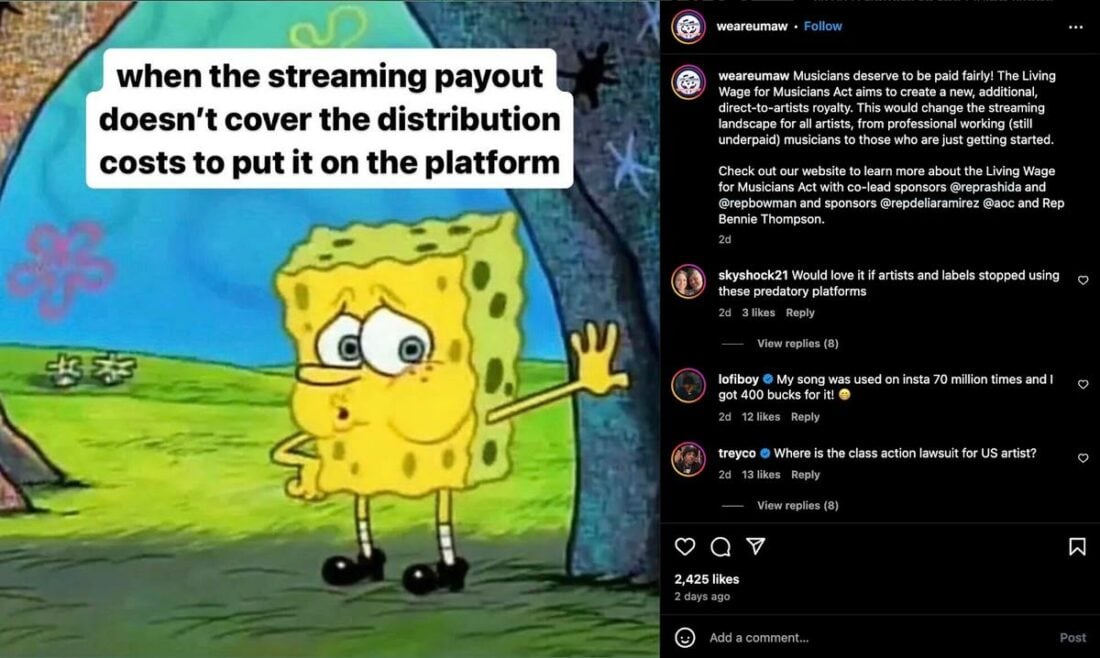
Adding a Royalty Cap
To ensure a more sustainable income for a diverse range of artists, the Living Wage for Musicians Act includes a maximum payout per track per month.
Royalties exceeding 1 million streams for a track in a month would be redistributed to increase the payout per stream for all recording musicians.
This provision aims to support artists across various genres and foster diversity in the music industry. It does this by giving more people money for the work they make, allowing different people and different music to find financial success in streaming.
The bill also empowers music fans by ensuring that consumers know their money is going to the artists they love. And, makes sure they will continue to have a diverse catalog of music to listen to, discover, and enjoy.
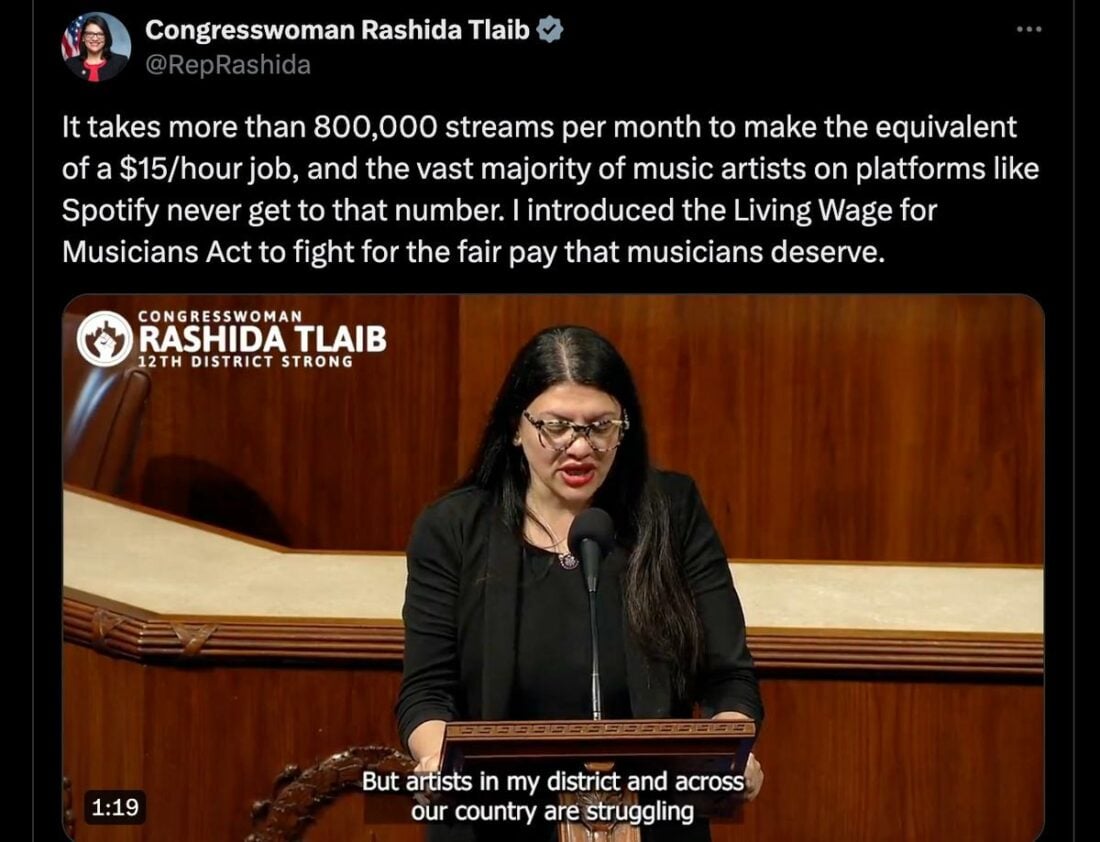
Potential Challenges and Opposition
Despite its noble intentions, the Living Wage for Musicians Act faces potential hurdles and opposition from key industry players.
For instance, this bill may push streaming platforms to raise their prices to match with the additional costs.
Also, a big part of this plan is to pay artists directly, skipping the usual route through record labels. So, labels, represented by the Recording Industry Association of America (RIAA), may also challenge the bill as it could bypass their role in the current system.
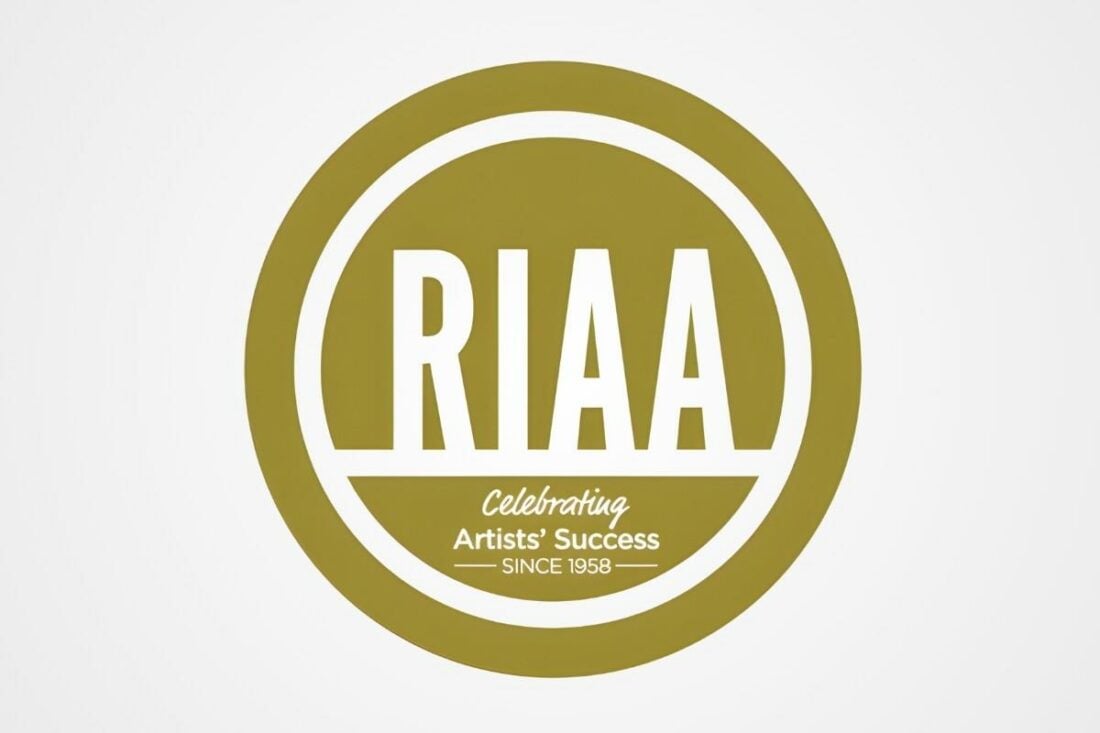
The royalty cap also might not go well for bigger artists. The idea of limiting the money a song can make after a million listens would require the most popular artists to share portions of their streaming revenue with the rest of the streaming pool.
While this sounds noble, popular artists and their record companies might not like it. This is because they’re used to making more money and typically earn more than a million streams a month.
However, supporters of the Living Wage for Musicians Act believe it is a necessary step. They think it’s important to ensure fair compensation for artists in the streaming era, despite the potential challenges.
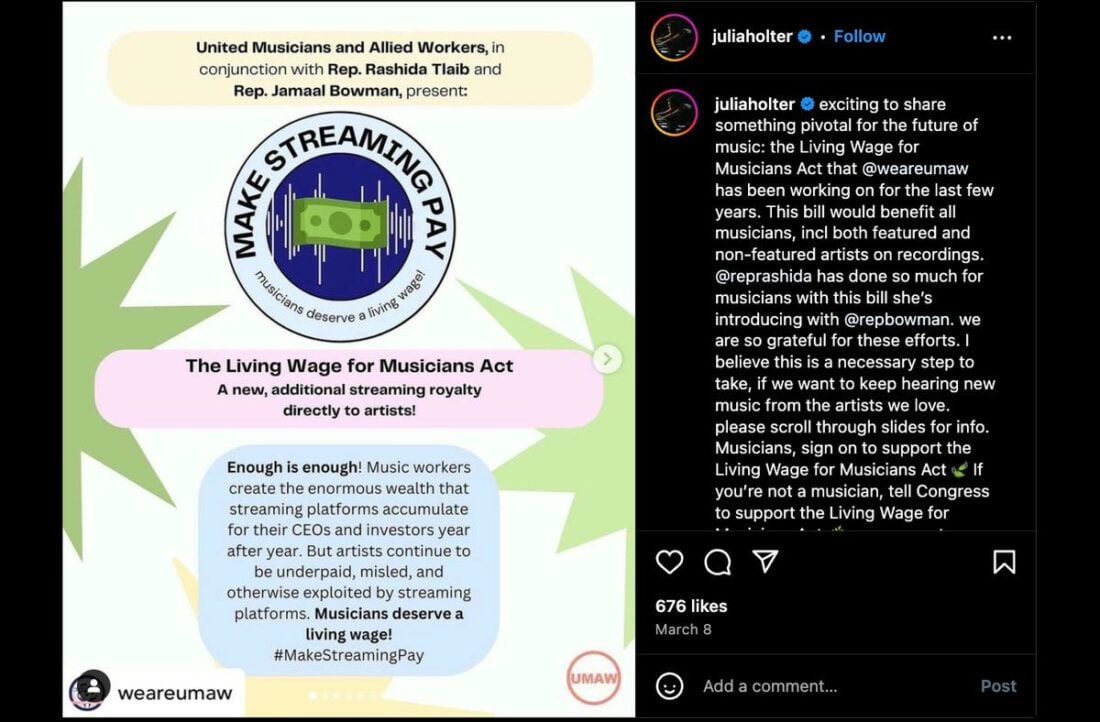
Some musicians like Julia Holter have also expressed their support for the bill.
